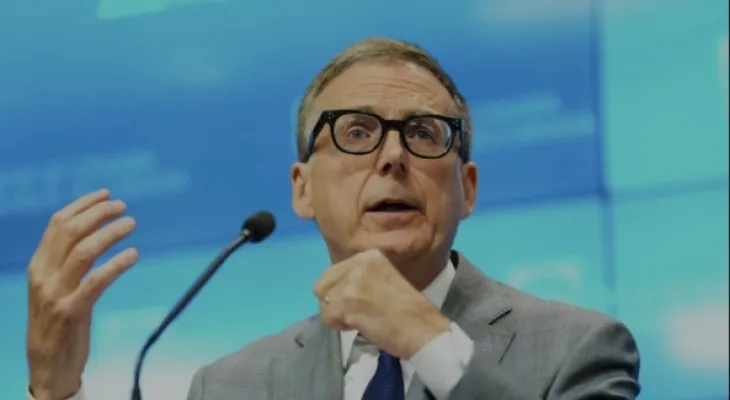Search here
Newspaper
Search here

Arab Canada News
News

Published: October 24, 2023
The Governor of the Bank of Canada, Tiff Macklem, warned the prime ministers who publicly asked the central bank not to raise interest rates last month that their requests could undermine the institution's independence.
The Prime Ministers of Ontario, British Columbia, and Newfoundland and Labrador wrote to Macklem before the Bank of Canada's interest rate decision on September 6, outlining concerns about the effects of rising interest rates on their constituents and asking the central bank not to raise the key interest rate further.
In a letter dated September 13, Macklem warned that instructions or requests from elected officials could give the impression that the independence of the Bank of Canada is at risk.
The response came a week after the central bank's Governing Council chose to keep the interest rate unchanged. While Macklem acknowledged that rising interest rates make life difficult for Canadians, he also pointed out that inflation, which high-interest rates aim to combat, harms the most vulnerable people in society.
The central bank operates independently from the federal government.
"While I am very pleased to hear your views on the impact of our policy decisions, instructions or requests put forward by elected officials about how to set interest rates can create the impression that the operational independence of the Bank of Canada is at risk. I am sure you would agree that this would be unfortunate," Macklem wrote in his responses to the prime ministers.
However, it seems that Macklem's caution has been overridden by Ontario Premier Doug Ford, who sent a letter urging the central bank not to raise interest rates again while preparing to announce the interest rate on Wednesday.
Ford posted the letter dated October 22 on platform X, formerly known as Twitter, on Sunday.
The Bank of Canada is widely expected to keep the key interest rate steady this week, given the weak economy and declining inflation. The latest monthly inflation data, released last week, showed that price growth slowed to 3.8 percent in September. This was better than many economists had anticipated.
The exchange between Macklem and the prime ministers is the latest example of the increasing political scrutiny faced by the Bank of Canada for its policy decisions after the pandemic, during which the country experienced its highest inflation levels in 40 years.
Last year, Conservative Leader Pierre Poilievre vowed to fire Macklem, blaming the central bank for rising inflation.
At the same time, the New Democratic Party has spoken out against interest rate hikes and recently suggested that the federal government could ask the Bank of Canada to stop raising interest rates.
Finance Minister Chrystia Freeland faced criticism last month for saying that the Bank of Canada's decision to keep the key interest rate steady was a "welcome relief for Canadians."
During a press conference earlier this month, Macklem said that disruptions caused by rising interest rates in the political and public spheres are symptoms of rising inflation.
The governor also stated at that time that restoring price stability is the best way to address these issues, although he acknowledged that achieving that would not be easy and would come with financial hardship for families.
Comments